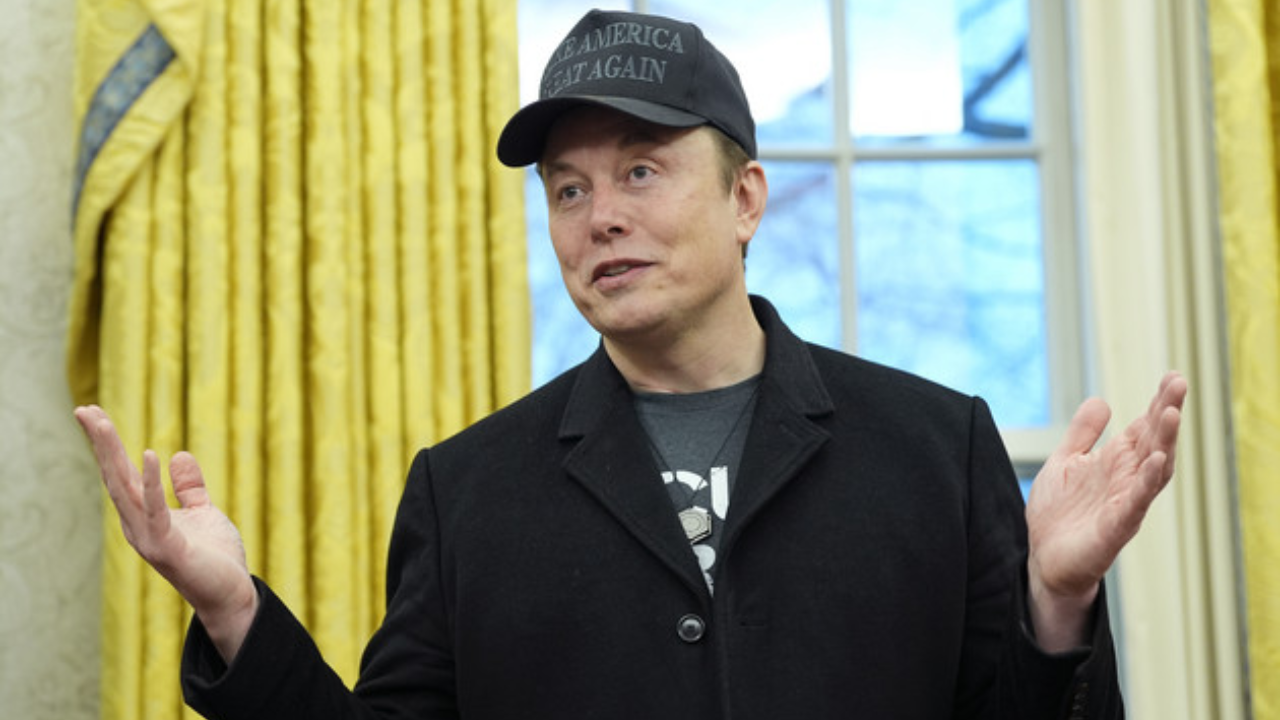Elon Musk’s abrupt departure from the Department of Government Efficiency (DOGE) has left a ripple effect across the nation, especially in the Tri-State area that includes Ohio, Kentucky, and Indiana. While his leadership was credited with trimming billions from federal spending, local communities are now grappling with the fallout of massive budget cuts that stripped funding from arts, health, education, and community programs.
DOGE’s Cost-Cutting Agenda
When the Trump administration created DOGE with Musk at the helm, the aim was to eliminate what was deemed “wasteful spending.” The agency aggressively cut funding across various federal departments, leading to the cancellation of over 5,200 contracts under the U.S. Agency for International Development (USAID) alone, slashing approximately 83% of its projects.
In Musk’s words during a public briefing before his exit, “We’ve saved over $170 billion by focusing on performance, not politics.” However, critics say these cuts weren’t always well thought out and have disproportionately affected vulnerable communities and essential services.

How the Cuts Affected the Tri-State
Arts and Education in Cincinnati
The Contemporary Arts Center (CAC) in Cincinnati, Ohio, is one of the most visible casualties. The CAC lost a three-year, $175,000 grant from the Institute of Museum and Library Services, a federal body that supports museums and libraries. The grant had funded teen programming and educational outreach, benefiting more than 3,000 children annually.
Without that funding, CAC had to downsize staff and reduce or cancel free programs that connected art to real-world issues for underserved youth.
AmeriCorps Support Gutted
In both Ohio and Kentucky, several AmeriCorps-supported initiatives have either shut down or severely reduced their activities. The Mill Creek Alliance in Cincinnati used AmeriCorps members to run community education programs and perform environmental cleanups in the watershed. After losing federal support, the group had to cut back heavily on programming.
Other nonprofits that depended on AmeriCorps for staff and outreach, like education mentoring services and food distribution programs, found themselves scrambling to fill gaps with local volunteers or private donations.
NIOSH in Cincinnati Takes a Hit
The National Institute for Occupational Safety and Health (NIOSH), which is headquartered in Cincinnati, also faced serious cutbacks under DOGE. The agency, part of the Centers for Disease Control and Prevention (CDC), saw major layoffs and administrative leave orders. These cuts disrupted crucial workplace safety research, technical guidance for industrial operations, and training programs that support worker health nationwide.
At least 40 researchers and staff in the Cincinnati facility were reportedly laid off or placed on indefinite leave, halting studies related to toxic exposure in manufacturing and healthcare settings.
For official data on NIOSH’s role and funding, visit:
www.cdc.gov/niosh/
Ethical Concerns Surrounding DOGE
Even before Musk’s departure, DOGE faced mounting criticism from ethics watchdogs. A 2025 ProPublica investigation revealed that several senior DOGE officials held stocks in companies that stood to benefit from the programs they were cutting or restructuring. This raised red flags about possible conflicts of interest.
Senators from both parties signed a letter to the Office of Government Ethics requesting a full review of DOGE staff portfolios and financial disclosures. This scrutiny added pressure on Musk, who resigned shortly after the story broke.
To read the official U.S. Office of Government Ethics guidelines, visit:
www.oge.gov
USAID Severely Weakened
DOGE’s cuts also decimated USAID’s international and domestic programming. Although based in Washington, USAID has multiple ongoing partnerships in the Tri-State for educational exchanges and refugee resettlement. With more than 80% of contracts canceled, those support networks have diminished.
Refugee aid groups in Kentucky and southern Indiana say they’ve already seen a drop in federal support, affecting services like English classes, job training, and medical navigation for new arrivals.
Tri-State Leaders React
Local lawmakers and civic leaders across the Tri-State have expressed concern about the long-term consequences. Cincinnati Mayor Aftab Pureval stated in a recent interview, “We understand the need for responsible budgeting, but eliminating programs that serve children, clean our rivers, and support safe workplaces isn’t efficiency—it’s negligence.”
Meanwhile, some Republican officials applauded Musk’s cost-cutting tactics, arguing that Washington’s spending needed a drastic overhaul. Kentucky Senator Rand Paul defended DOGE’s work, noting, “Every dollar saved from Washington waste is a dollar back in taxpayers’ pockets.”
However, critics argue that these “savings” come at the expense of everyday people who rely on federal programs for education, health, and opportunity.
Although Musk has exited the agency, many of his appointees remain, and DOGE’s mission continues. Communities in Ohio, Kentucky, and Indiana now find themselves navigating a new era—one where federal support is no longer guaranteed, and the burden of services may fall increasingly on state and local governments or private donors.


